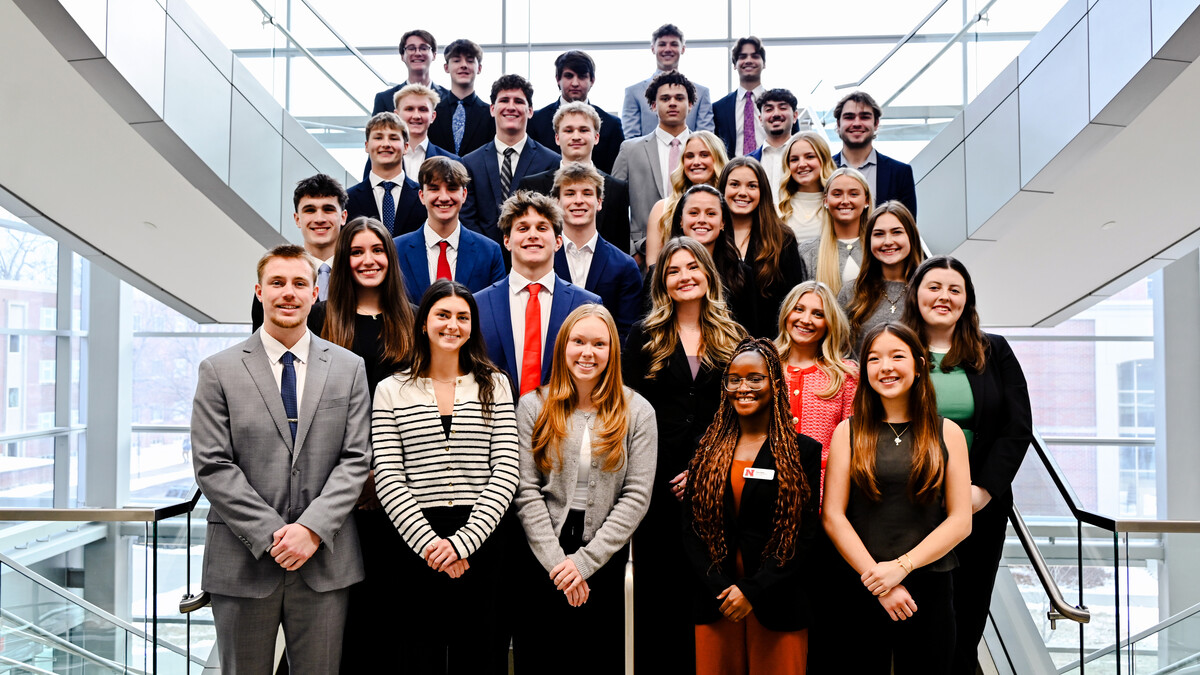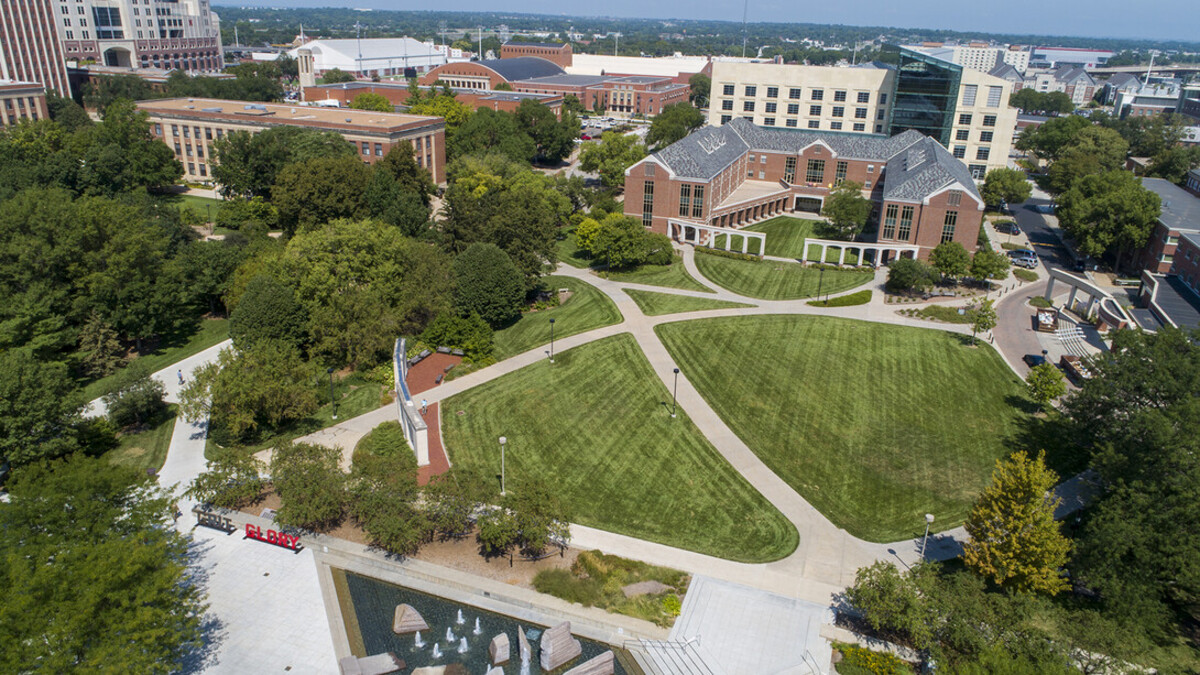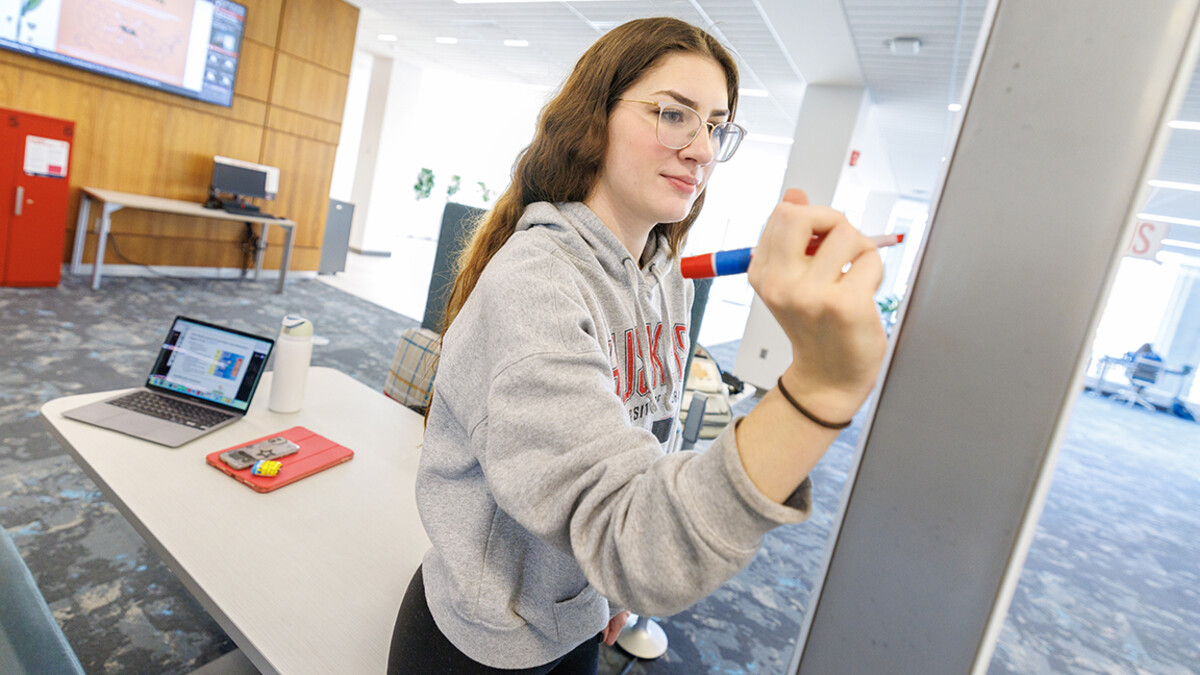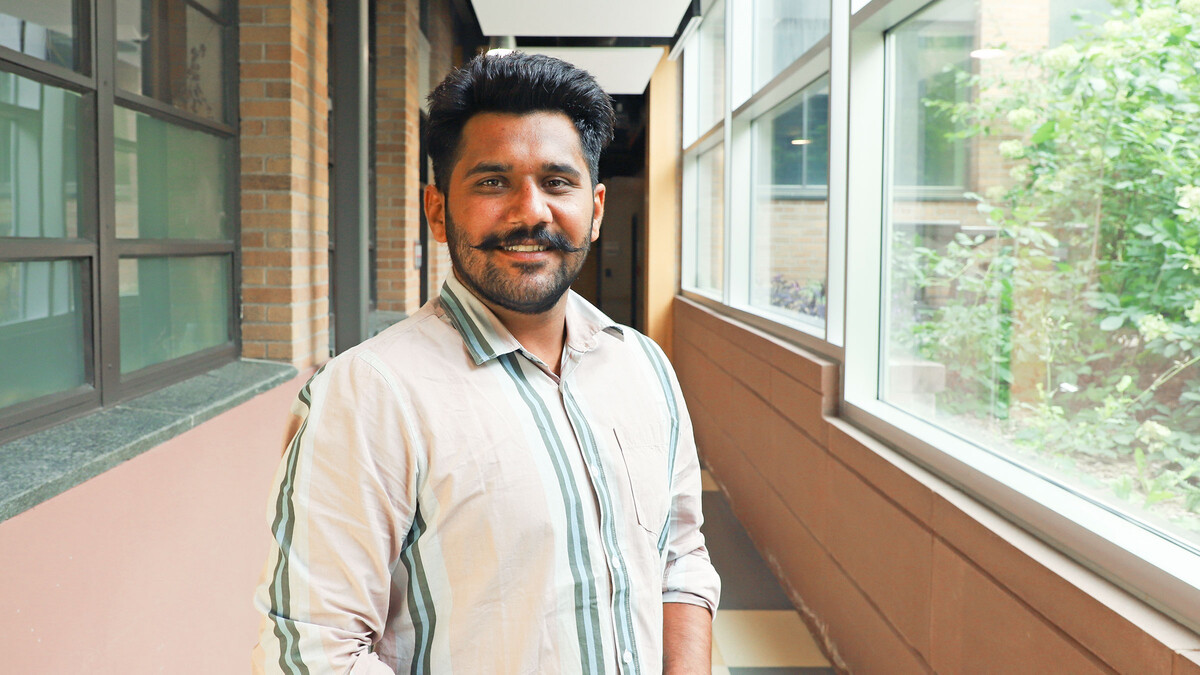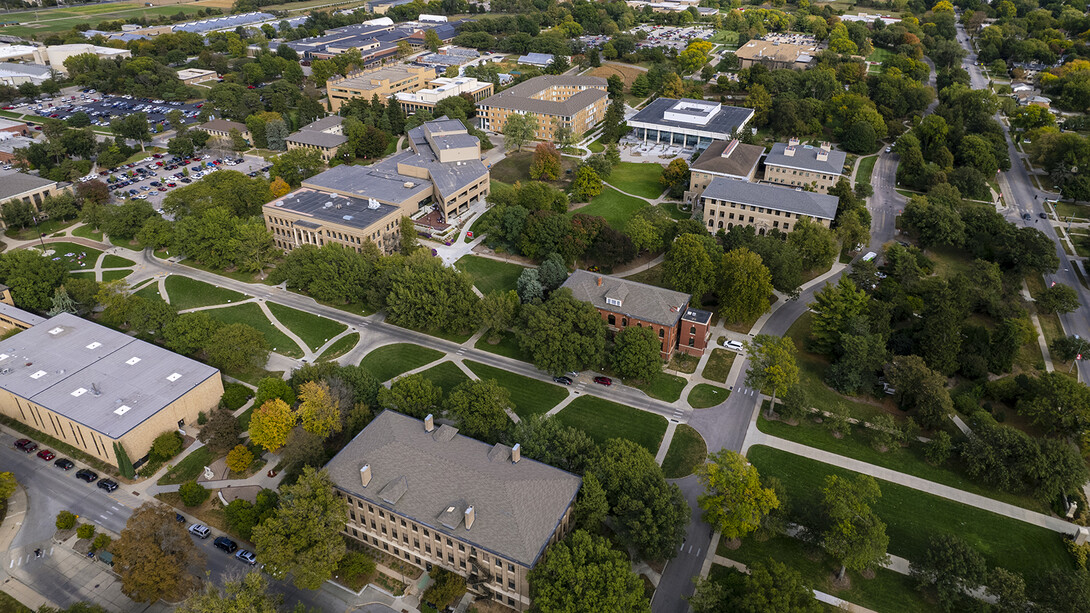
In a hyperconnected world, the prevalence and consequences of misinformation, disinformation and conspiracy theories are more significant than ever.
The constant flow of information from various sources, often unchecked, makes it difficult to discern what is based on fact, half-truths or lies. The ease with which misinformation, disinformation and conspiracy theories can spread can have profound and lasting effects on society.
The Osher Lifelong Learning Institute at the University of Nebraska–Lincoln and the Lecture Series of the Unitarian Church of Lincoln will explore these issues at a 2023 fall symposium, “Misinformation and Conspiracy Theories: Why People Believe Them and How to Address Them.” The symposium will be held 9 a.m. to 2 p.m. Oct. 14, on East Campus. This event is open to the public and will be held in-person and live-streamed on Zoom.
Registration is required in advance by Oct. 5. Register can be done online or by calling the OLLI office at 402-472-6265. Registration costs are $20 for in-person, which includes lunch, and $15 for participating via Zoom.
The symposium is a thought-provoking and informative event designed to shed light on the complex web of falsehoods that permeate our society and explore strategies to mitigate their impact. The lineup of scholars and experts presenting cutting-edge research and real-world examples will provide valuable insights into the mechanisms by which misinformation spreads and the effects it has on individuals, communities, and democratic processes. Attendees will have the opportunity to learn about the prevalence of misinformation and conspiracy theories, their impact on society, and strategies to address them. There will be a Q&A session following the presentations.
Featured speakers include:




The event is sponsored by the Osher Lifelong Learning Institute, Lecture Series of the Unitarian Church of Lincoln and Humanities Nebraska.
OLLI at UNL is committed to providing and promoting superior-quality learning experiences, events and travel opportunities designed for adults 50 years old and older who believe that “curiosity never retires.”
